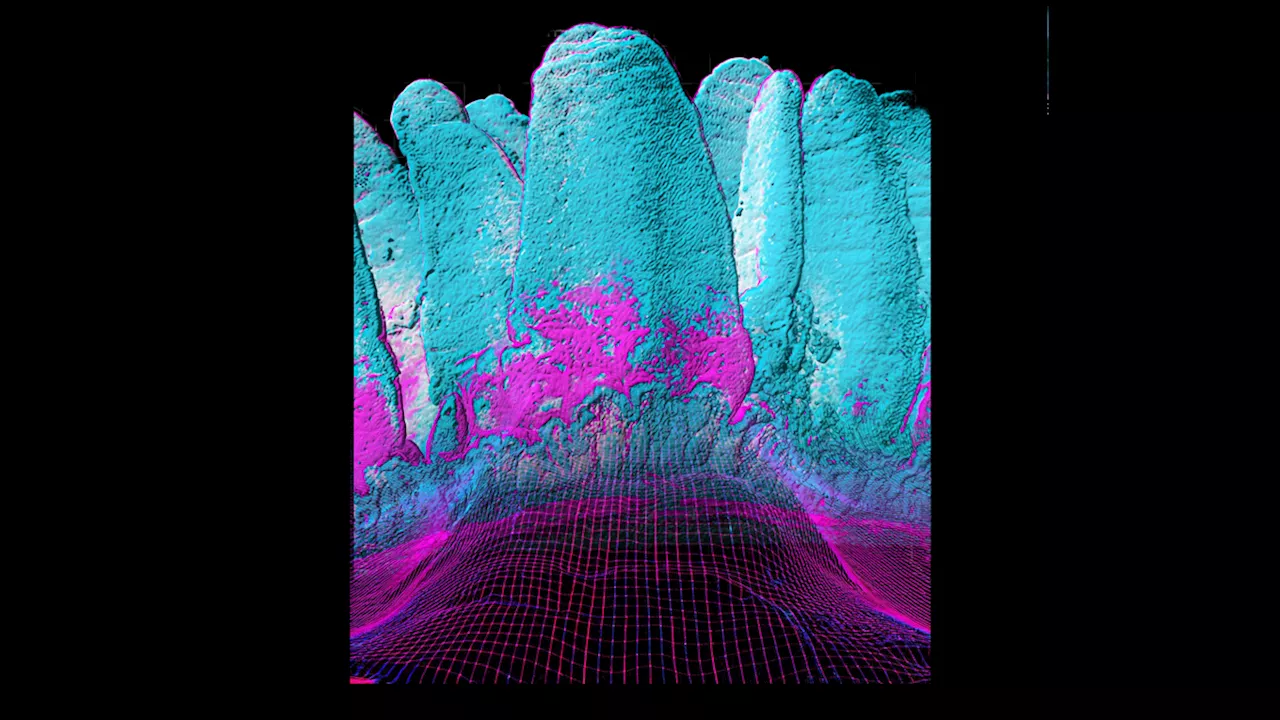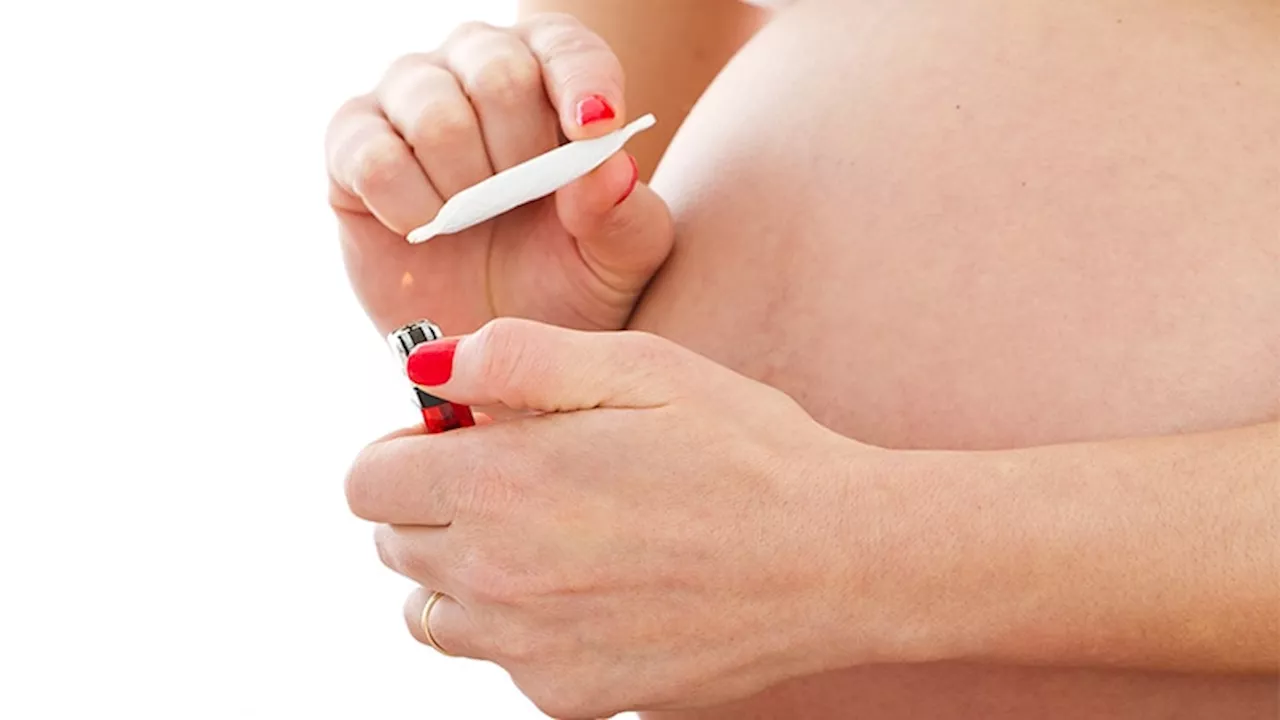A new study reveals that consistent and moderate use of buprenorphine throughout pregnancy for women with opioid use disorder (OUD) is associated with better postpartum treatment adherence and fewer overdose incidents. The research, which analyzed data from the Pennsylvania Medicaid program, found no negative impact on neonatal health outcomes.
Higher doses and a longer duration of buprenorphine use throughout pregnancy for opioid use disorder (OUD) are associated with improved postpartum treatment retention and fewer overdose events, with no adverse neonatal outcomes.The retrospective study used data from the Pennsylvania Medicaid program to assess the effect of buprenorphine use on maternal and neonatal health outcomes in 2925 pregnant women with OUD (mean age, 29 years) who had a live birth from 2009 to 2019.
The included women received at least two buprenorphine prescriptions and did not use methadone during pregnancy and postpartum. They were followed from the start of pregnancy through 90 days after birth. Three trajectory groups were identified: Those who initiated buprenorphine before pregnancy and had consistent usage throughout pregnancy, those who initiated buprenorphine during pregnancy, and those who used buprenorphine before pregnancy but discontinued it during pregnancy; varying doses were noted within each trajectory group. Outcomes include buprenorphine continuation after birth, overdose, weeks at delivery date, low birthweight (birthweight ≤ 2500 g at delivery), and neonatal abstinence syndrome.Women who consistently used buprenorphine at moderate doses (mean daily dose, 14.76 mg) were 81% more likely to continue its use after 90 days of delivery than those who consistently used high doses (mean daily dose, 22.35 mg; adjusted odds ratio , 1.81; 95% CI, 1.09-2.98). Second-trimester buprenorphine initiation at moderate doses was associated with 44% lower odds of postpartum treatment continuation than consistent usage at high doses (aOR, 0.56; 95% CI, 0.43-0.73). The rates of buprenorphine overdose either during pregnancy or after giving birth were higher among women who discontinued its use during pregnancy (18.3 per 1000 pregnant patients) and those who initiated it during pregnancy (21.9 per 1000) than among those who started the medication before pregnancy and maintained use (
OPIOID USE DISORDER PREGNANCY BUPRENORPHINE POSTPARTUM CARE NEONATAL HEALTH
United States Latest News, United States Headlines
Similar News:You can also read news stories similar to this one that we have collected from other news sources.
 Smarter Pregnancy App Links Improved Lifestyle Habits to Lower Maternal Blood Pressure in Early PregnancyThe intervention group demonstrated significant reductions in systolic, diastolic, and mean arterial blood pressure.
Smarter Pregnancy App Links Improved Lifestyle Habits to Lower Maternal Blood Pressure in Early PregnancyThe intervention group demonstrated significant reductions in systolic, diastolic, and mean arterial blood pressure.
Read more »
 The gut 'remodels' itself during pregnancy, study findsEmily is a health news writer based in London, United Kingdom. She holds a bachelor's degree in biology from Durham University and a master's degree in clinical and therapeutic neuroscience from Oxford University. She has worked in science communication, medical writing and as a local news reporter while undertaking journalism training.
The gut 'remodels' itself during pregnancy, study findsEmily is a health news writer based in London, United Kingdom. She holds a bachelor's degree in biology from Durham University and a master's degree in clinical and therapeutic neuroscience from Oxford University. She has worked in science communication, medical writing and as a local news reporter while undertaking journalism training.
Read more »
 Cannabis Use During Pregnancy Doesn't Improve Mental Health, Study FindsA new study reveals that cannabis use during pregnancy, even for mental health reasons, does not accelerate improvement in depression or stress symptoms compared to non-users. The study analyzed data from 504 pregnant individuals and found no significant difference in symptom reduction between cannabis users and non-users.
Cannabis Use During Pregnancy Doesn't Improve Mental Health, Study FindsA new study reveals that cannabis use during pregnancy, even for mental health reasons, does not accelerate improvement in depression or stress symptoms compared to non-users. The study analyzed data from 504 pregnant individuals and found no significant difference in symptom reduction between cannabis users and non-users.
Read more »
 The maternal microbiome during pregnancy impacts offspring's stem cells in miceGut microbiome composition during pregnancy has long-term effects on offspring stem cell growth and development, researchers report. Treating pregnant mice with a common gut microbe resulted in offspring that had more active stem cells in both the brain and intestinal tract.
The maternal microbiome during pregnancy impacts offspring's stem cells in miceGut microbiome composition during pregnancy has long-term effects on offspring stem cell growth and development, researchers report. Treating pregnant mice with a common gut microbe resulted in offspring that had more active stem cells in both the brain and intestinal tract.
Read more »
 Cher Reveals She Made a Difficult “Choice” During a Pregnancy, In Her New MemoirWriting about miscarriages, abortions, and giving birth, the Goddess of Pop juxtaposes her own health history against the harrowing landscape of her mother’s experiences.
Cher Reveals She Made a Difficult “Choice” During a Pregnancy, In Her New MemoirWriting about miscarriages, abortions, and giving birth, the Goddess of Pop juxtaposes her own health history against the harrowing landscape of her mother’s experiences.
Read more »
 Signals of inflammation during pregnancy linked to aging and memory changes 50 years laterA new study analyzed data from participants who have been followed for over 50 years, starting before their births.
Signals of inflammation during pregnancy linked to aging and memory changes 50 years laterA new study analyzed data from participants who have been followed for over 50 years, starting before their births.
Read more »
